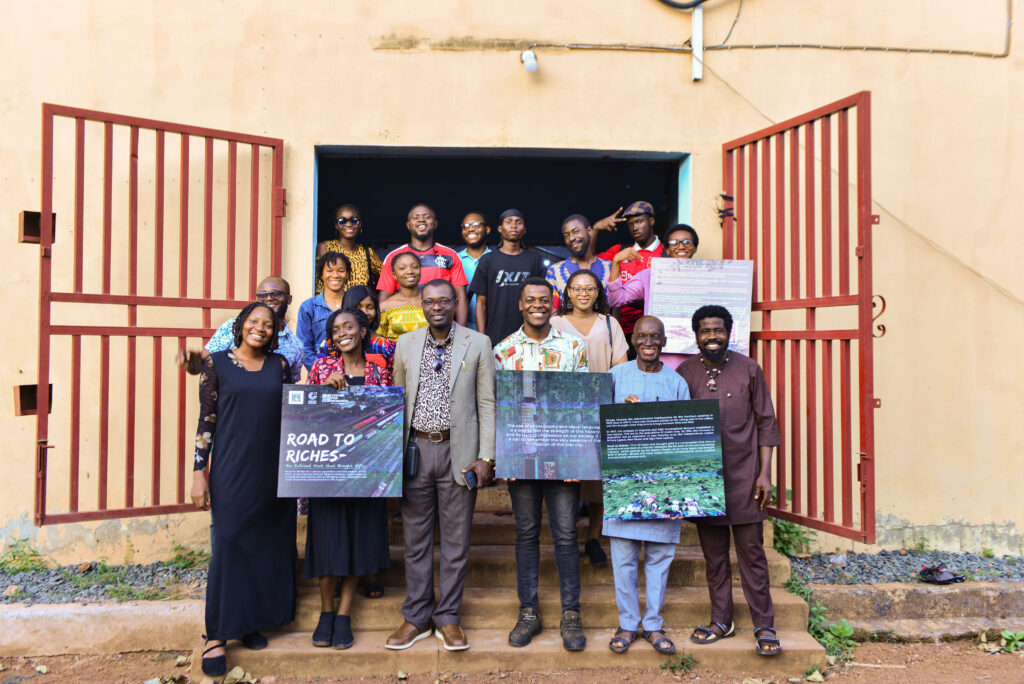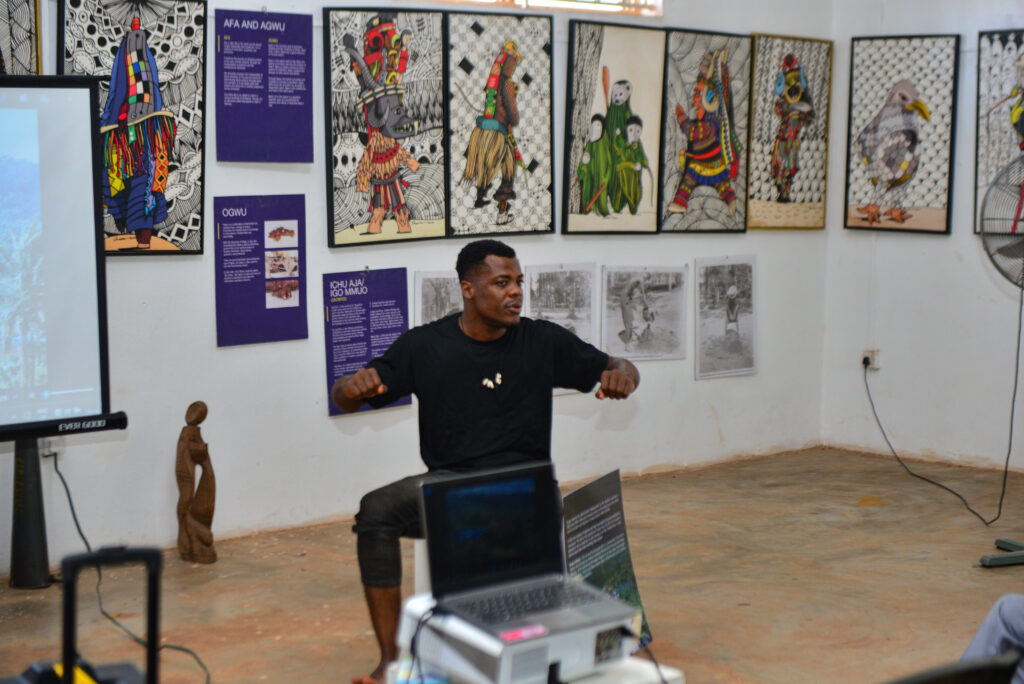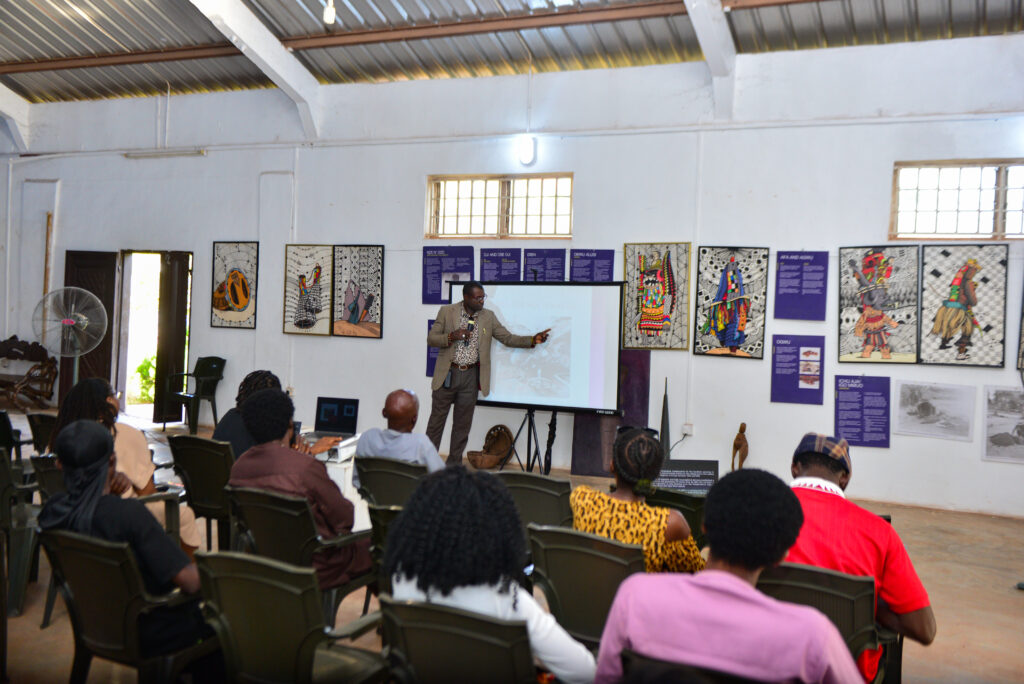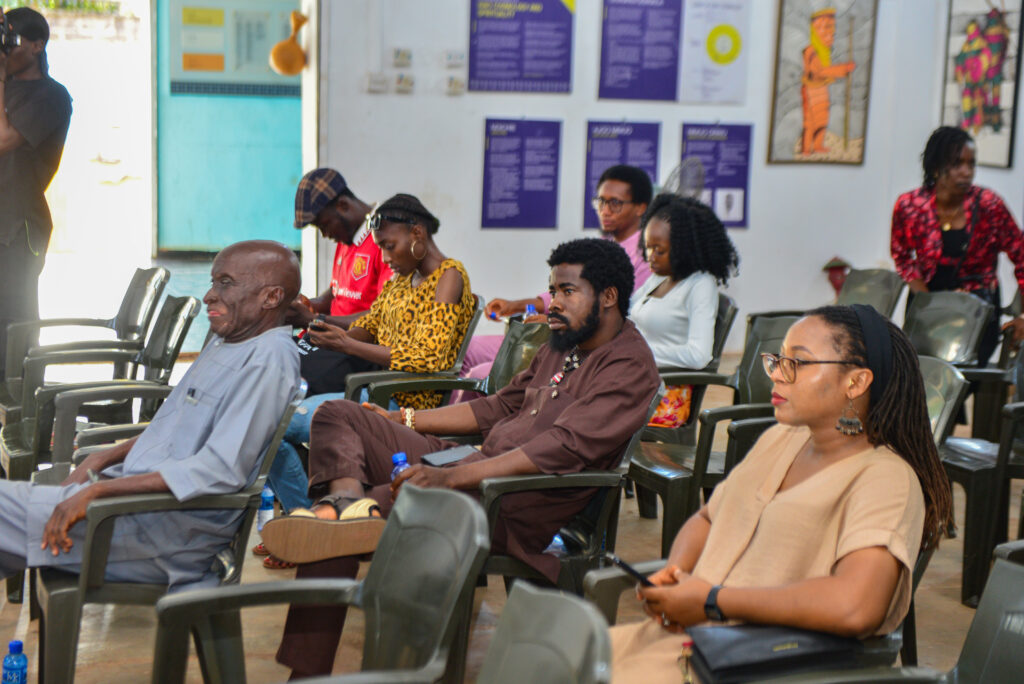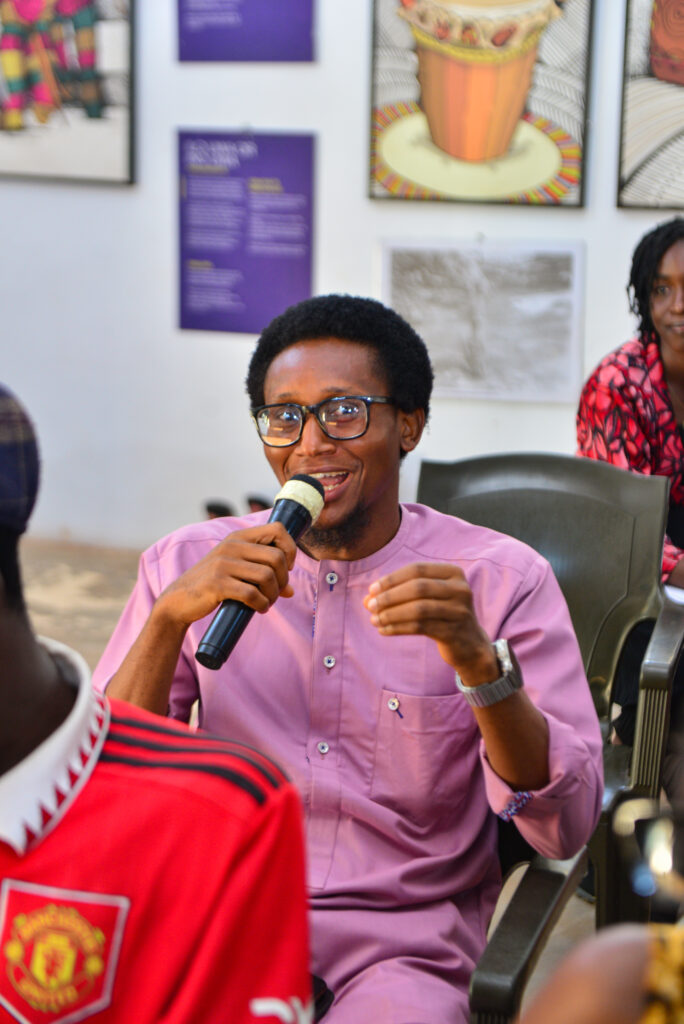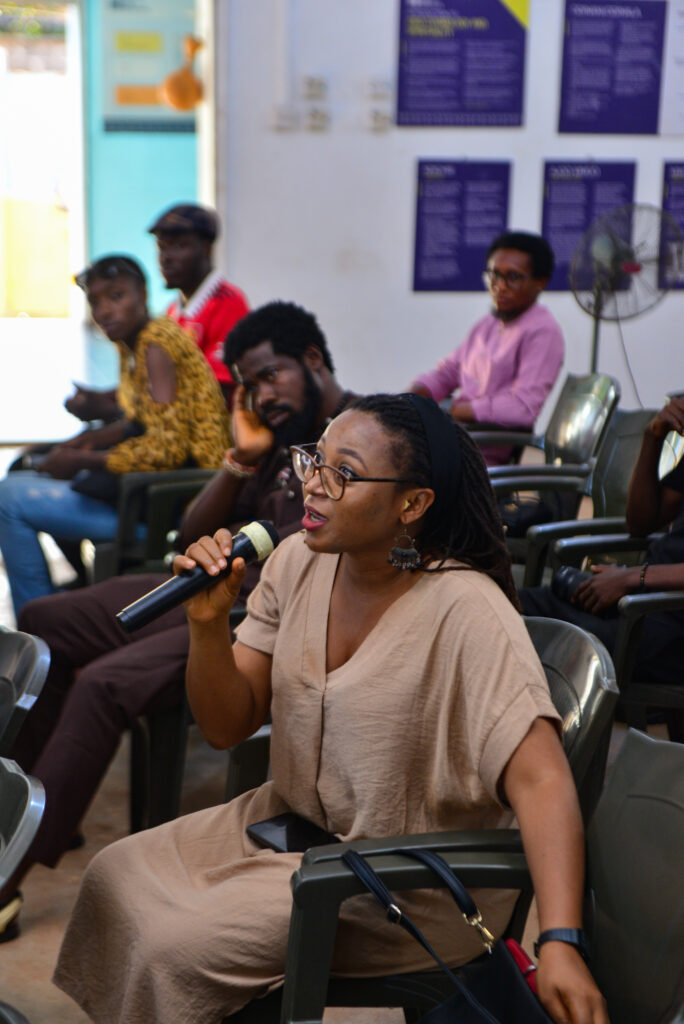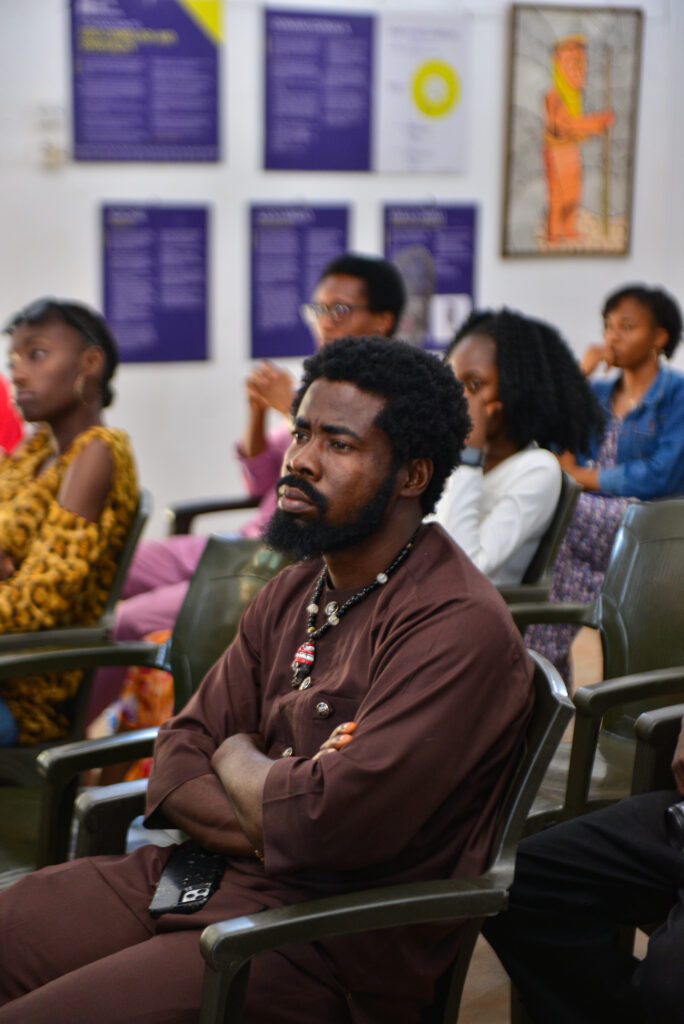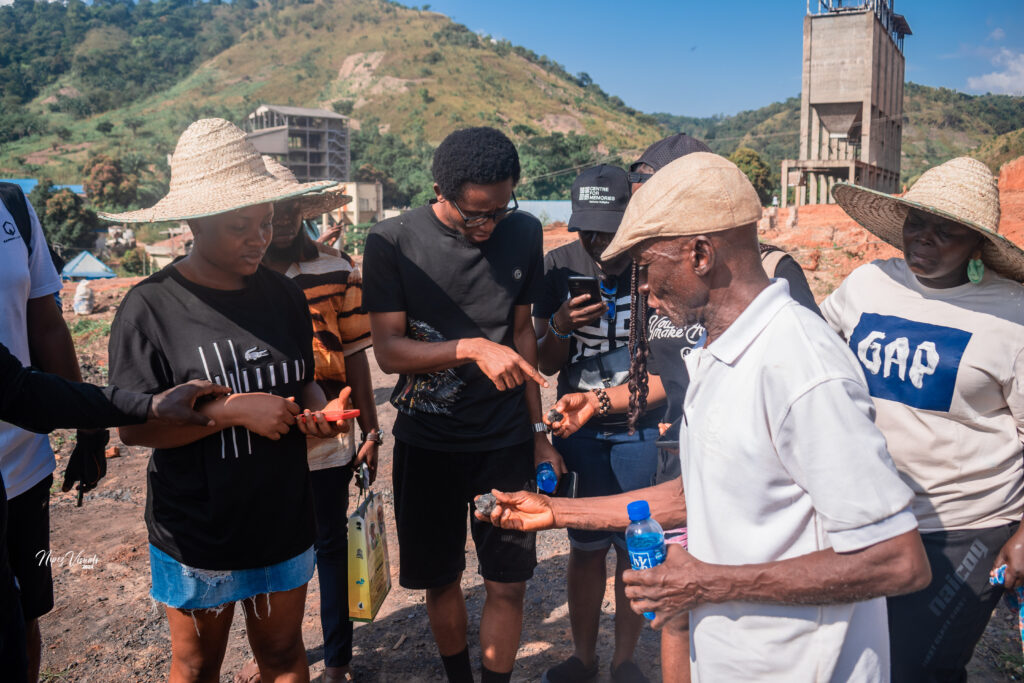
Yesterday 16th November 2024 marked a significant moment at the ongoing Enugu Photo Festival, themed “Shades of Coal- Revisiting Time,” as participants embarked on the “Road to Riches – The Railroad that Brought Gifts” photo walk. The journey began at the historic Coal Preparatory Plant, where a group of history enthusiasts, photographers, and local residents traced the original railway tracks that were used to export coal from the Ogbete Mine to Port Harcourt.
Engr. Hyacinth Ohagwu, a former miner, led the tour, sharing firsthand insights into the early days of Enugu’s mining industry and the role the railway played in its expansion. Participants were engaged in the stories and sights, struck by the rich history and the current state of disrepair. “It’s astonishing how much has changed,” one participant remarked. The Executive Director of the Centre for Memories, Iheanyi Igboko, a partner in the festival, spoke about future possibilities for preserving the route as part of guided historical tours.
The photo walk led participants from the Bunker Mine through the foothill of Ugwu Aaron, along Udi Siding, and down Old UNTH Road into the bustling Ogbete Market. As ongoing construction had encroached upon parts of the route, including the Holy Ghost Motor Park, Engr. Ohagwu rerouted the group through another path to the Nigerian Railway Corporation Eastern District Headquarters. Here, Dr. Onyedikachi Onovo, the District PRO, welcomed the group and led them to the Railway Station, a notable symbol in Enugu’s industrial history. “Though much has changed, we’re working to bring back full operations of the Eastern services, with the Aba to Port Harcourt line already functional,” Dr. Onovo reassured the group.
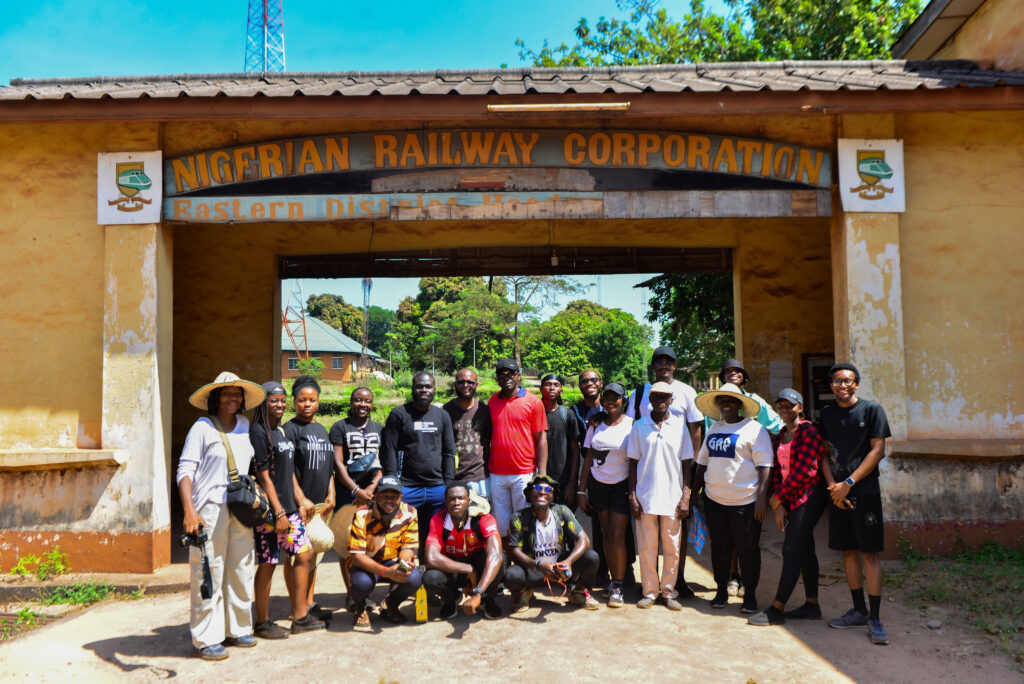
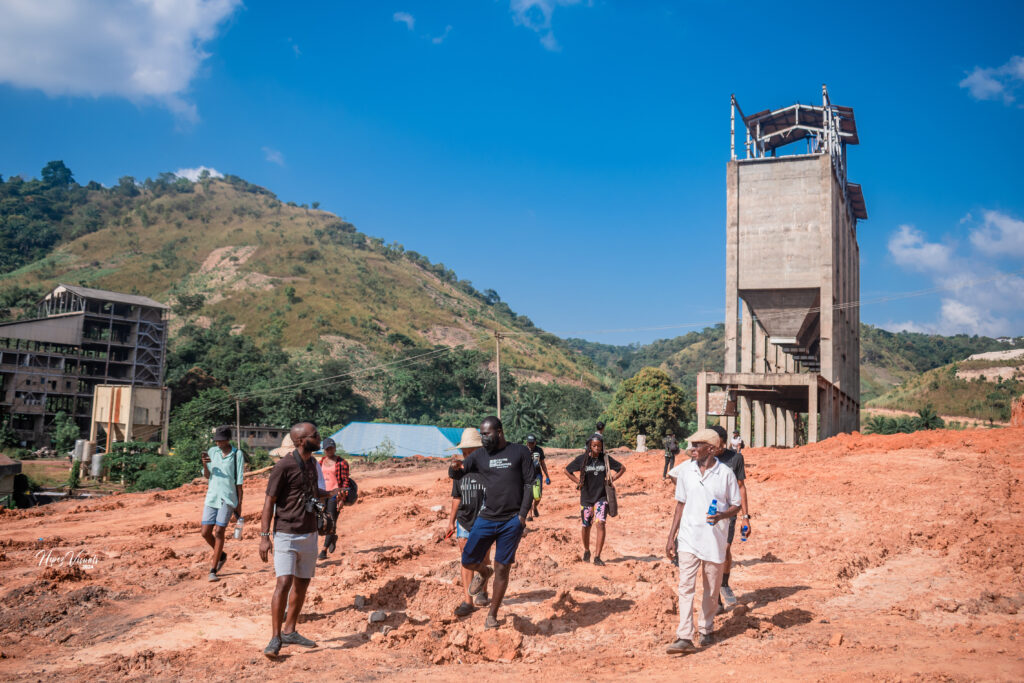
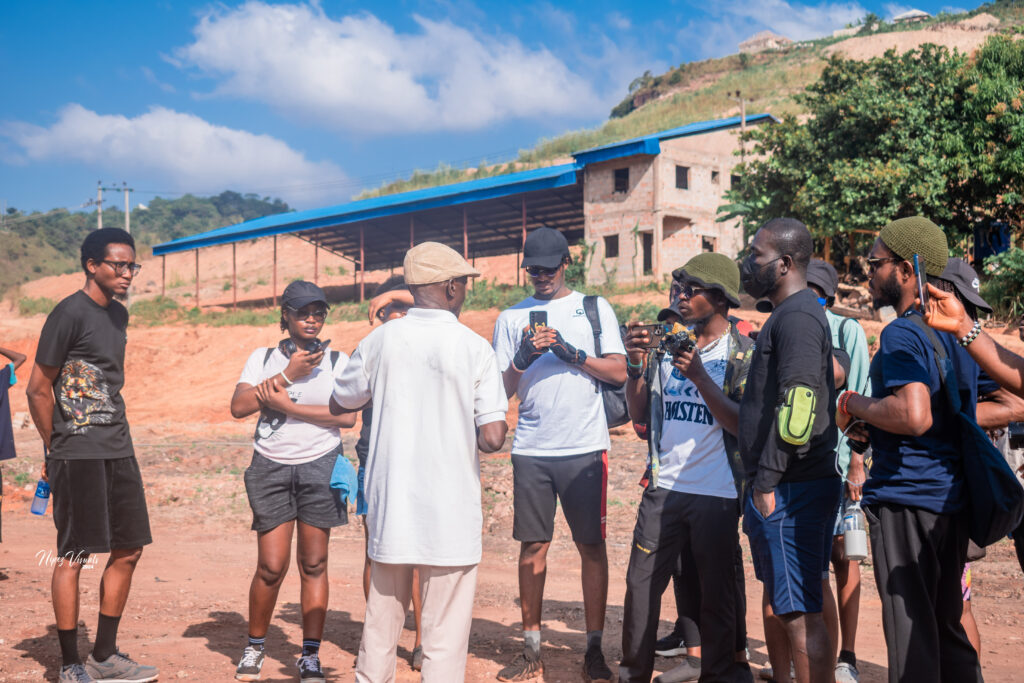
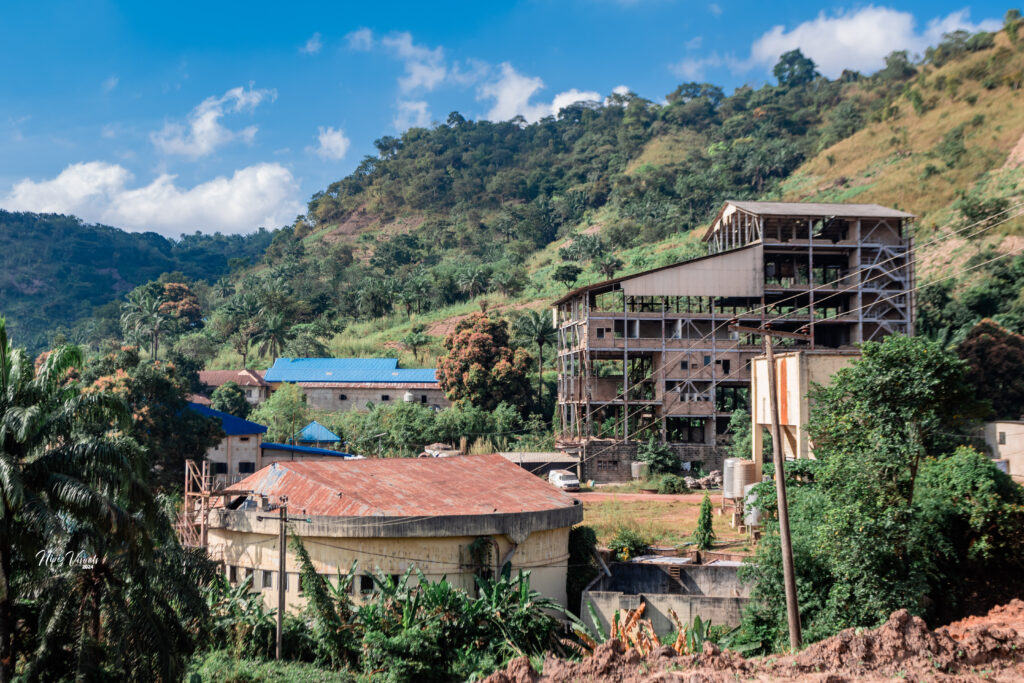
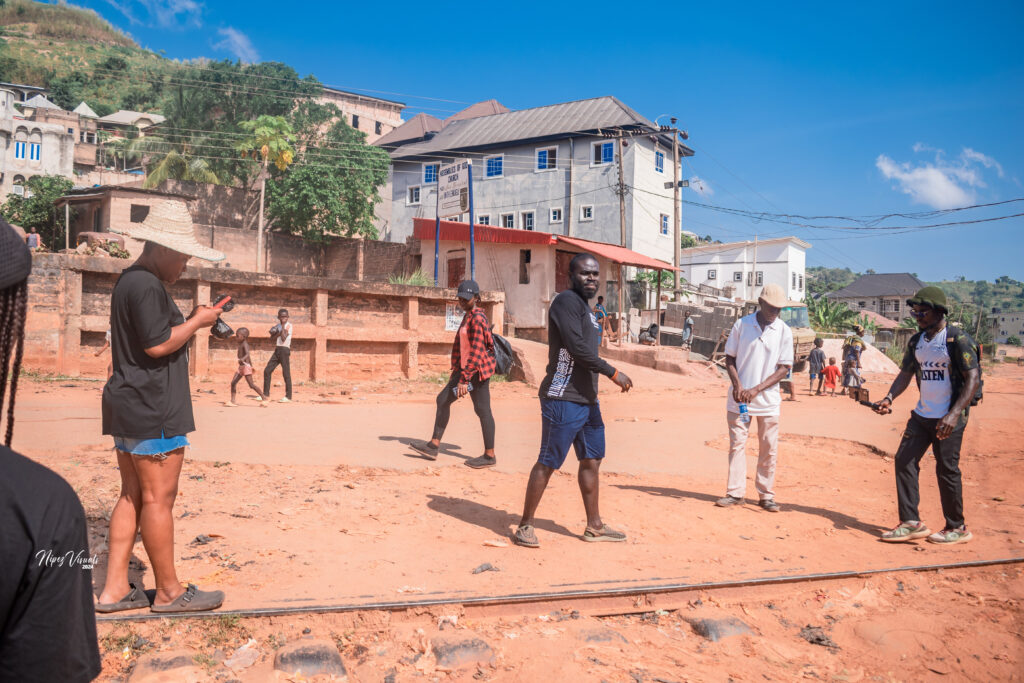
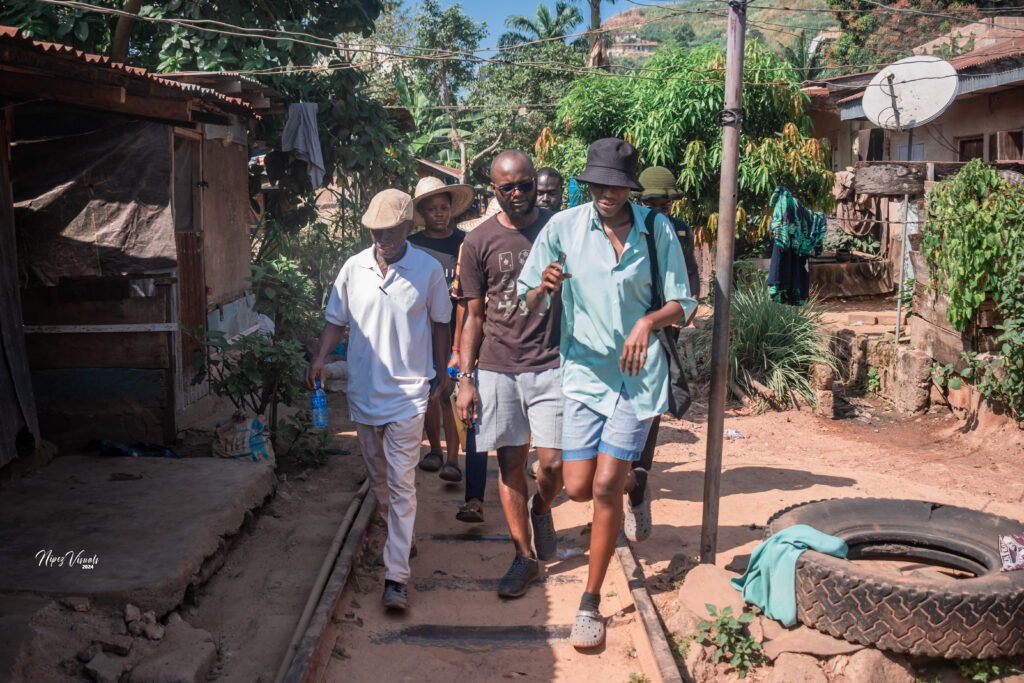

After an insightful morning walk, the festival reconvened at the Centre for Memories for a discussion session at 3 pm. Chidera Sam-Eze, Curator of the Enugu Photo Festival, opened with remarks on the importance of preserving these legacies. A monologue by Ude Ibiam from Ijele Theatre Group brought the harrowing history of the Iva Valley Coal Miners Massacre to life, capturing the audience’s attention. Dr. Onovo then presented an in-depth history of the Nigerian Railway Corporation, highlighting its intersections with the coal industry. His narrative was enriched by Engr. Ohagwu’s collaborative insights, providing a comprehensive look into Enugu’s industrial heritage.
Participants engaged actively, asking questions and experiencing this part of history through photography and visual language. As the discussion came to a conclusion, Adachukwu Onwudiwe, Team Lead at Afrochives, extended a heartfelt vote of thanks, celebrating the day’s success in illuminating Enugu’s history and the resilience of its people.
This event was supported by the Goethe Institut, Lagos, Nigeria.
